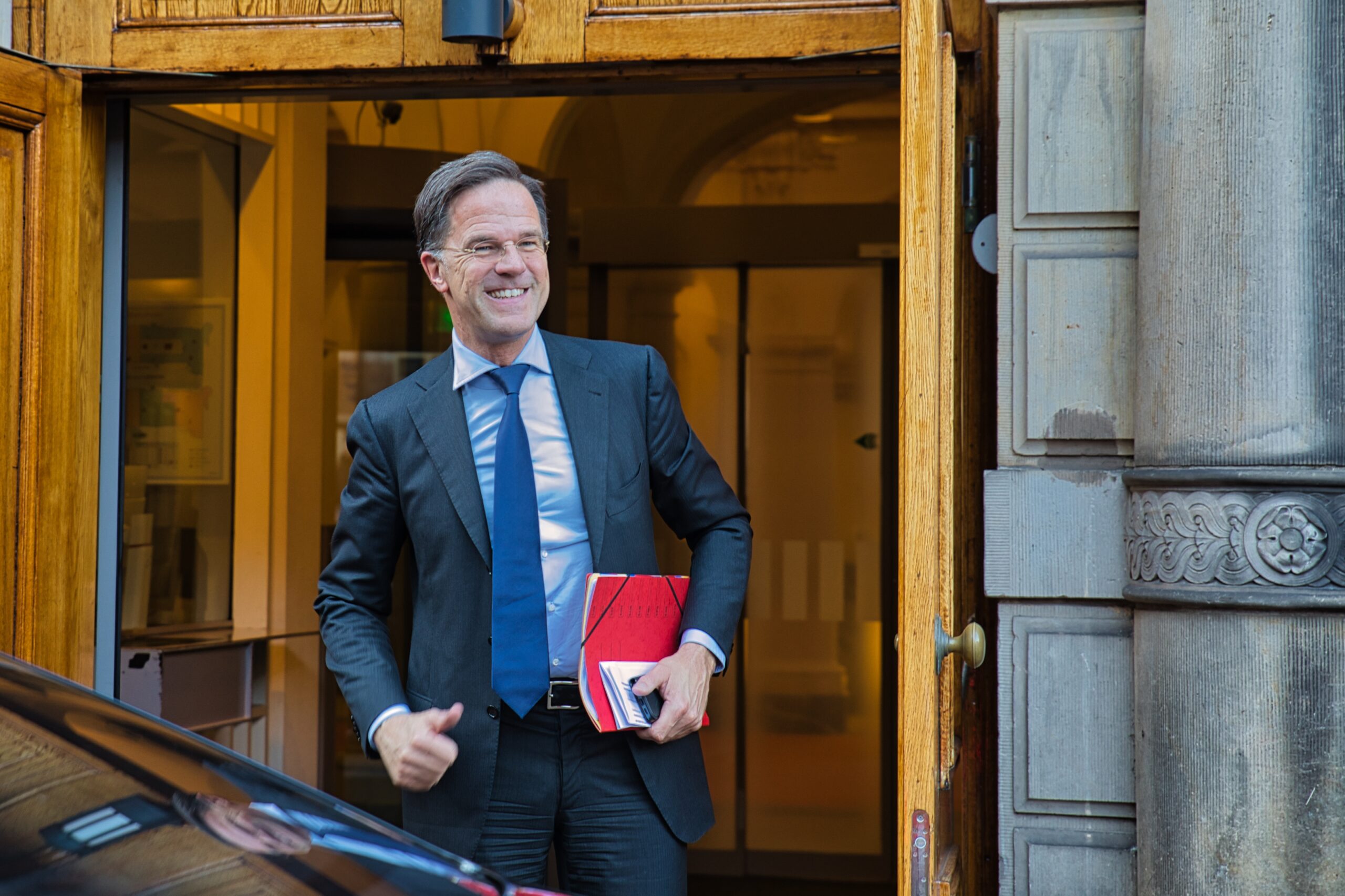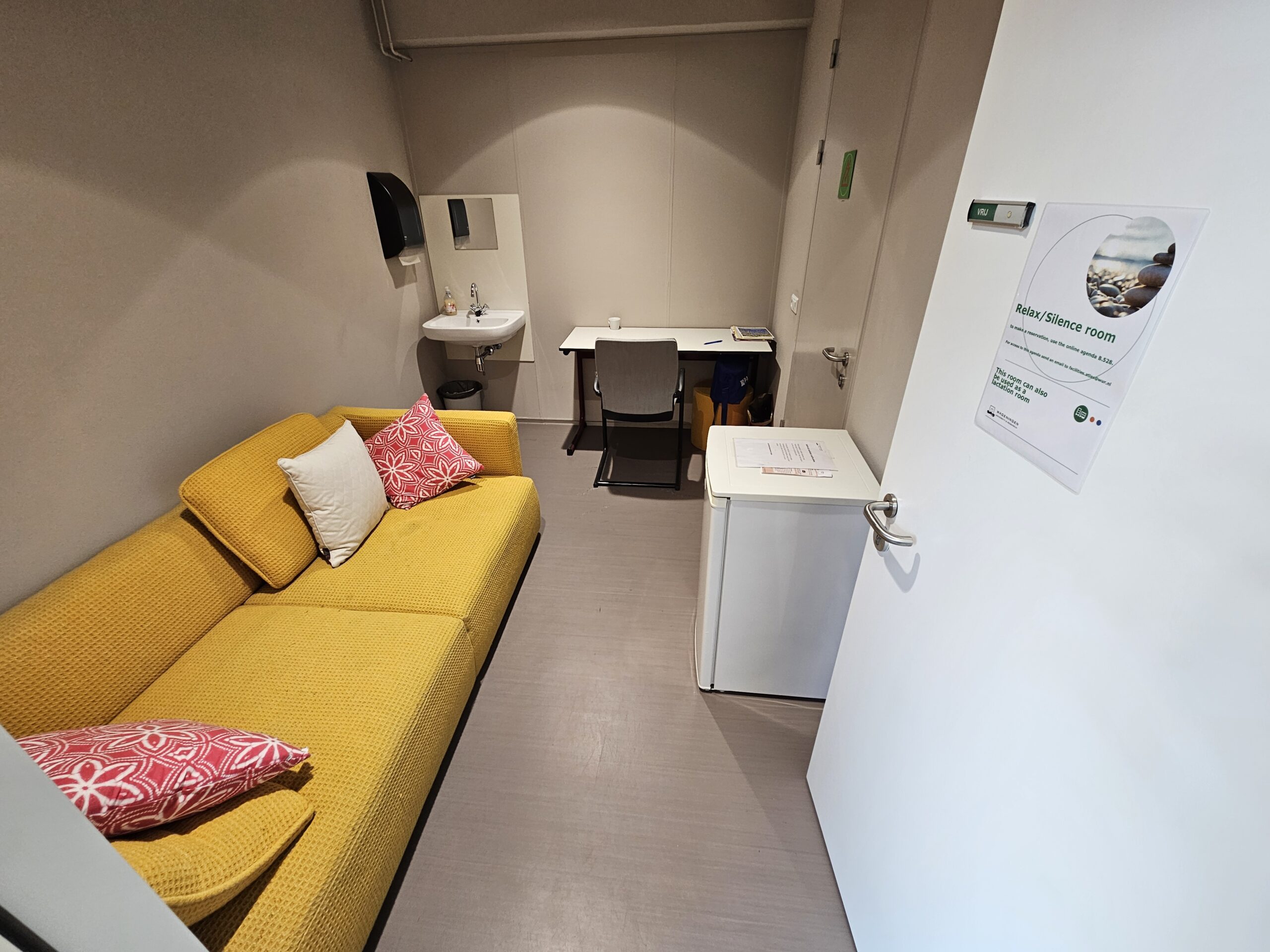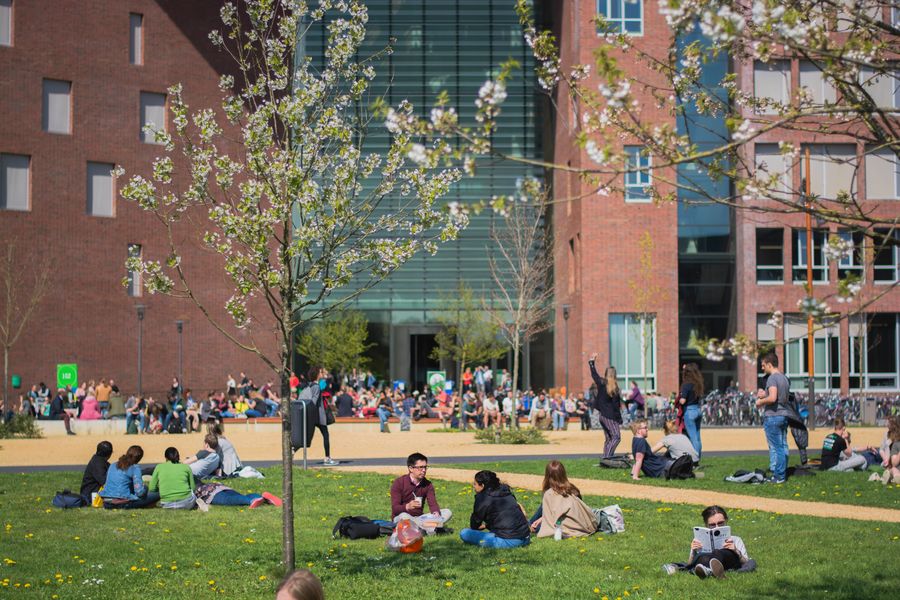The binding study advice (bsa) will also be altered in the Cabinet’s new plans. Thus states the new coalition agreement entitled Omzien naar elkaar, vooruitkijken naar de toekomst (Looking out for each other, looking towards the future), that was presented upon the conclusion of the longest formation process in the history of Dutch politics.
‘We want everyone to have the opportunity to study, regardless of their parents’ income’, VVD, D66, CDA and ChristenUnie write. ‘We will focus on viability and enforceability.’
This means that the basic student grant is to return from September 2023. The student OV-card for public transport will remain, as will the supplementary grant. Loan conditions will remain the same: students may take 35 years to pay off their student debt.
Compensation
The investments in higher education that motivated abolishing the basic grant will remain in place. Moreover, one billion euros have been made available to compensate students who were unable to benefit from the basic grant. This sum is partly (250 million euros) generated through cutbacks in the National Education Programme 2023, which is meant to address cognitive and socio-emotional deficits.
One billion euros in compensation is not a large sum, compared to the scenarios officers of the Ministry of Education, Culture and Science had detailed (between 1.4 and 11 billion euros). Students who did not benefit from the basic grant will be able to choose between a reduction of their debt or a voucher for additional studies. Exact numbers per student have not been stated.
Research
The Cabinet will invest 5 billion euros in research in the coming decade, which amounts to 500 million per year. The money will become available through a special fund for ‘free and unaffiliated research and development.’
Moreover, the Cabinet will offer the universities and university colleges more room to address work pressure, offer permanent contracts and maintain a balanced presence in regions with a shrinking population.
Perverse incentive
To this end, the way higher education is funded will be changed. The ‘perverse incentive’ to recruit as many students as possible will be removed. Funding per student will be reduced. Instead, the Cabinet aims to ‘re-evaluate and increase’ the fixed budget. This is the sum all the educational institutes receive regardless of the number of students.
In addition, the first and second flow of funds are to be balanced better. These are the funds that flow directly towards the institute and the funds that may be acquired through competition from education financier NOW (the Dutch Research Council).
This will be paid for from a budget in the amount of 700 million per year. However, this budget also funds other things such as a technical havo, small-scale skills education, student welfare and ‘professional education relevant to the labour market’.
Internationalisation and binding study advice
A law on the internationalisation of education has been brought before the First Chamber. This law is to put a stop to the Anglicisation of education. Moreover, education institutes will be given options to manage the influx of international students better. Should this be insufficient to control ‘unexpected peaks’ in the number of international students, other solutions will be considered.
The new Cabinet also calls on education programmes to make their selection criteria clear upfront. How do these match the content of the programme? How effective are they, and do they create equal opportunities? The binding study advice is to become more lenient. ‘Students who fail to achieve the bsa standard in their first year will be offered the opportunity to do so in their second year’, the new agreement states.
Freedom and equal opportunities
‘We stimulate the free and secure exchange of ideas and safeguard scientists’ academic freedom’, the agreement states. ‘Open science’ and ‘open education’ are to become the standard as long as this does not imperil national security. The new Cabinet will also determine boundaries for scientific collaboration with countries that are not free, an issue that has been frequently discussed of late.
In conclusion, the Cabinet writes that ‘we foster equal treatment of students from the mbo, hbo and university.’ What this means exactly is not clear, but it may refer to the inequalities in remunerations students receive for their internships.
(Comments from Wageningen students and staff on this agreement will be posted on this website soon)

 Mark Rutte. Photo Shutterstock
Mark Rutte. Photo Shutterstock 

